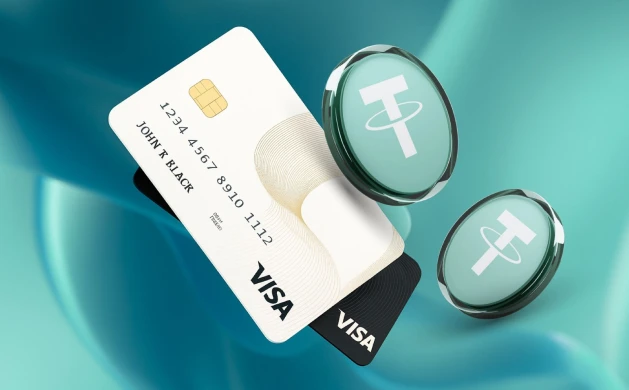Bitstamp Supported and Restricted Countries
.webp)
Summary: Bitstamp restricts access in sanctioned regions, including Russia, China, North Korea, Iran, and parts of Ukraine, while serving over 100 countries.
It operates under strict regulatory oversight with licenses in the EU, US, UK, and other key jurisdictions, ensuring secure and compliant services.
Bitstamp, founded in 2011, is a Luxembourg-based exchange serving 4 million users in 100+ countries, supporting 100+ cryptocurrencies with 95% of assets stored offline.
Supported Countries
Supported in the UK, US, Europe & 100 Countries
Restricted Countries
China, Russia, Ukraine & Sanctioned Countries
Headquarters
Based in Luxembourg
What Countries Does Bitstamp Restrict?
Bitstamp restricts users from several countries and regions to comply with international sanctions and regulatory requirements, as outlined in its Terms of Service. These include:
- Russia
- Parts of Ukraine: Crimea, Donetsk, Luhansk, Zaporizhzhia, and Kherson
- China
- North Korea
- Iran
- Syria
- Cuba
- Sudan
Residents of these locations cannot access Bitstamp's services. These restrictions align with sanctions enforced by the USA, UK, EU, and Singapore, ensuring the platform operates within global compliance standards.

Bitstamp Supported Countries
Bitstamp provides services to users in over 100 countries, covering Europe, North America, Asia, Africa, and Australia. It supports deposits and trades in major fiat currencies such as USD, EUR, and GBP for individual and institutional traders.
With regulatory approvals in key regions and a straightforward interface, Bitstamp ensures reliable access to crypto markets for a global user base.
Bitstamp Licenses
Bitstamp, based in Luxembourg, operates under strict regulatory oversight and holds licenses in key jurisdictions:
- European Union: Licensed as a Payment Institution by Luxembourg’s CSSF, allowing operations across all 27 EU member states.
- United States: Registered as a Money Services Business with FinCEN and holds a BitLicense from the New York Department of Financial Services.
- United Kingdom: Registered with the Financial Conduct Authority as a Virtual Asset Service Provider.
- Other Countries: Licensed as a Virtual Asset Service Provider in Italy, France, Spain, and the Netherlands.
These licenses ensure Bitstamp complies with regulations and provides secure, transparent services worldwide.

Why Did Bitstamp Block Russia?
Bitstamp blocked Russian users to comply with sanctions from the US, UK, EU, and Singapore.
These restrictions prohibit providing services to Russian residents, freeze affected accounts, and block deposits from Russian banks, including Sberbank.
As a regulated exchange, Bitstamp enforces these measures to meet anti-money laundering and compliance obligations.
About Bitstamp
Established in 2011, Bitstamp is a regulated cryptocurrency exchange headquartered in Luxembourg. It supports over 100 cryptocurrencies, offers advanced trading tools, recurring transactions, and holds licenses in the EU, US, and UK.
Bitstamp stores 95% of assets offline, conducts annual audits by a Big Four firm, and ensures all customer funds are fully backed, serving over 4 million users worldwide.

Bottom Line
Bitstamp restricts access in countries under international sanctions, including Russia, China, North Korea, Iran, and parts of Ukraine, while offering services in over 100 nations.
These measures ensure compliance with global regulations, balancing accessibility with strict adherence to legal standards.
%2520(1).webp)
Written by
Antony Bianco
Head of Research
Antony Bianco, co-founder of Datawallet, is a DeFi expert and active member of the Ethereum community who assist in zero-knowledge proof research for layer 2's. With a Master’s in Computer Science, he has made significant contributions to the crypto ecosystem, working with various DAOs on-chain.

.webp)

.webp)





